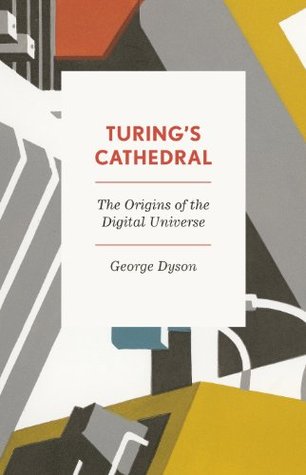Turing introduced two fundamental assumptions: discreteness of time and discreteness of state of mind. To a Turing machine, time exists not as a continuum, but as a sequence of changes of state. Turing assumed a finite number of possible states at any given time.
Welcome back. Just a moment while we sign you in to your Goodreads account.


